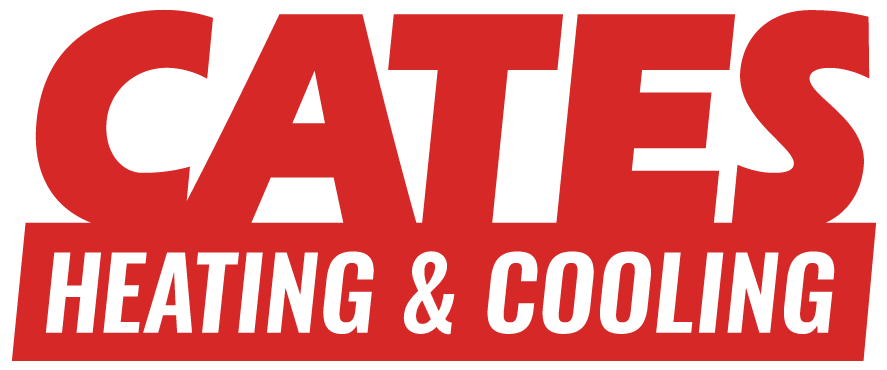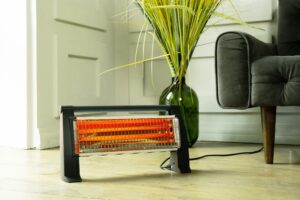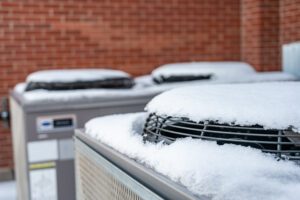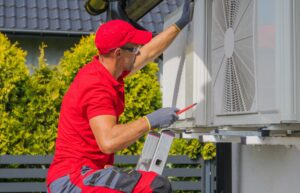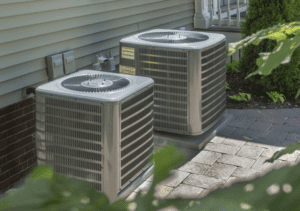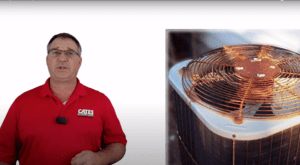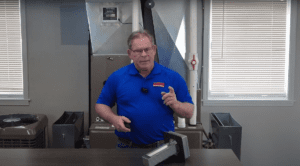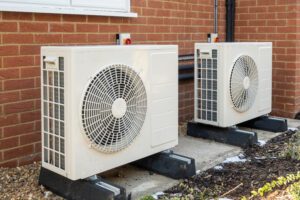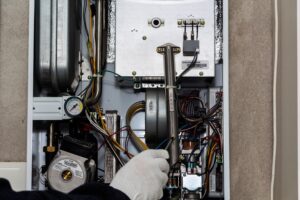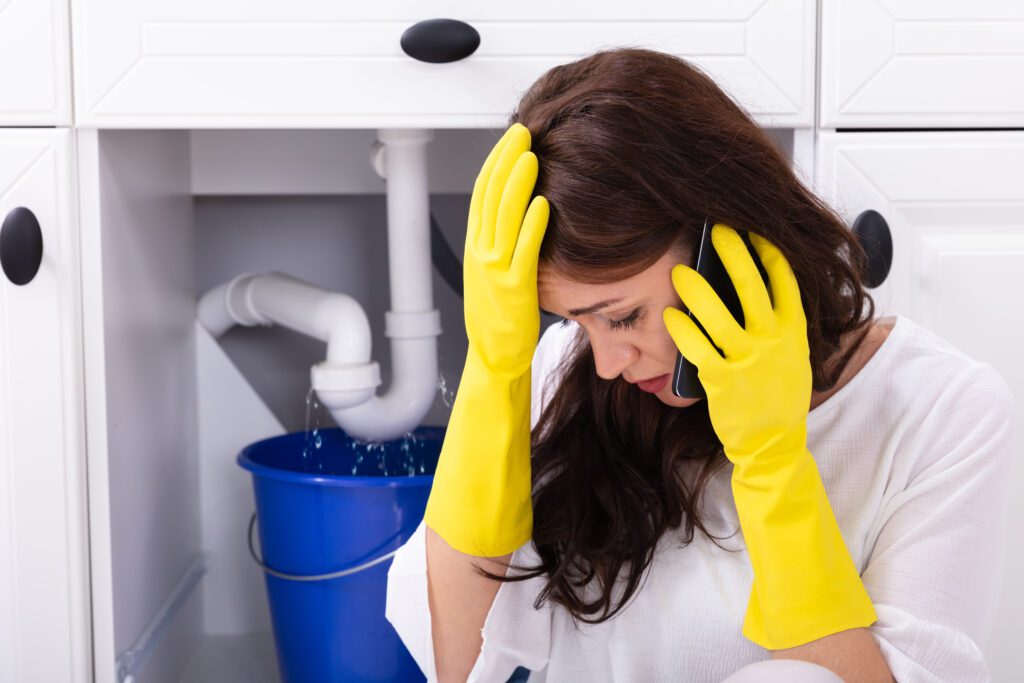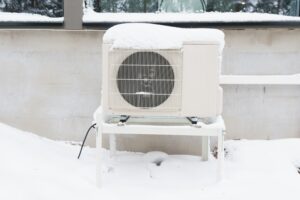When a pipe bursts or a faucet leaks, our first thought as homeowners is to fix the problem ourselves—especially with so many tips available to us, like online how-to videos. However, though plunging a toilet or fixing a minor drain clog is one thing, large plumbing disasters are a whole other ballpark and can be challenging for homeowners to complete on their own.
Unfortunately, there are many DIY plumbing fixes that could only cause more damage if you decide to do it on your own, which is one of the reasons we recommend hiring a professional plumber instead. If you’re thinking about taking on that plumbing problem yourself, here are some reasons why you shouldn’t.
6 Reasons DIY Plumbing May Cause Damage
There are several basic plumbing tasks that homeowners should know how to fix. After all, a clogged toilet or sink isn’t necessarily a reason to call a plumber—although, you could if you wanted to.
But major plumbing repairs, like sewer pipe repairs or water line fixes, can be a big responsibility to handle yourself. Additionally, you may create more damage than you initially started with, including any number of the items discussed below.
1. Water Damage
Because the main purpose of your home’s plumbing system is to move water around, creating a leak that leads to intense water damage is likely when trying to DIY a plumbing fix. Leaking water can damage almost anything in your home, including flooring, walls, furniture, appliances, and more. And replacing these items can become costly pretty quickly.
One of the main reasons water damage can occur so easily is because many homeowners may fail to turn off their main water supply to flush out the pipes before replacing them. This can make it extremely difficult to control the amount of water in a plumbing fixture or section of piping. Excessive water leaks can flood certain areas of your home and potentially pose a health risk for you and your family—especially if it’s sewer backup.
It’s good to keep in mind that any standing water you may find could be caused by a variety of problems. When your home has a plumbing problem, you may see standing water in your basement, yard, around a toilet, or other areas of the house. Leaky pipes, foundation cracks, and clogged sewer lines can all lead to standing water.
Instead of attempting to diagnose the problem yourself, it’s best to leave it to a professional. An experienced plumber knows how to control how much water is fed into a plumbing fixture, thereby preventing any damage to the home. Additionally, these repairs must be completed as soon as possible, so you may not have time to figure it out on your own anyway.
2. Valve Failure
Valves are responsible for regulating how much water moves through your home’s plumbing system. Because these valves take on some wear and tear—and since they can become easily damaged—they should be replaced regularly to ensure proper function. You will usually know when to replace a valve if the water pressure in your home drops.
A valve replacement may seem straightforward, but this simple task can easily be done incorrectly. For example, valves must be tightened properly. If they are too tight, you risk stripping the thread from the valve fitting, damaging the internal valve mechanism, or even causing the valve to seize up altogether. Overtightened plumbing connections can also create cracks inside pipe fittings.
If a valve in your home fails, the efficiency of your plumbing system can be largely affected. Cracks in the pipes can lead to water leaks and other expensive damage.
3. Corrosion
When two different types of metal pipes come in contact with each other or with an electrolyte like tap water, they can begin to rust and corrode. Since plumbing pipes can be made out of various metals, such as stainless steel, copper, cast iron, and others, it can be easy to use the wrong insulation fittings and cause corrosion.
There are also different plumbing pipes in your home—inlet pipes and pipes that drain water—and homeowners typically don’t know the difference between these two types of pipes. A professional plumber can identify the difference between the pipes and use the proper types of fittings to insulate two dissimilar pipes together and avoid corrosion.
The interior of plumbing pipes can also become corroded from chemical drain cleaners, potentially leading to water leaks over time. Because of this, it’s best to avoid these cleaners as much as possible.
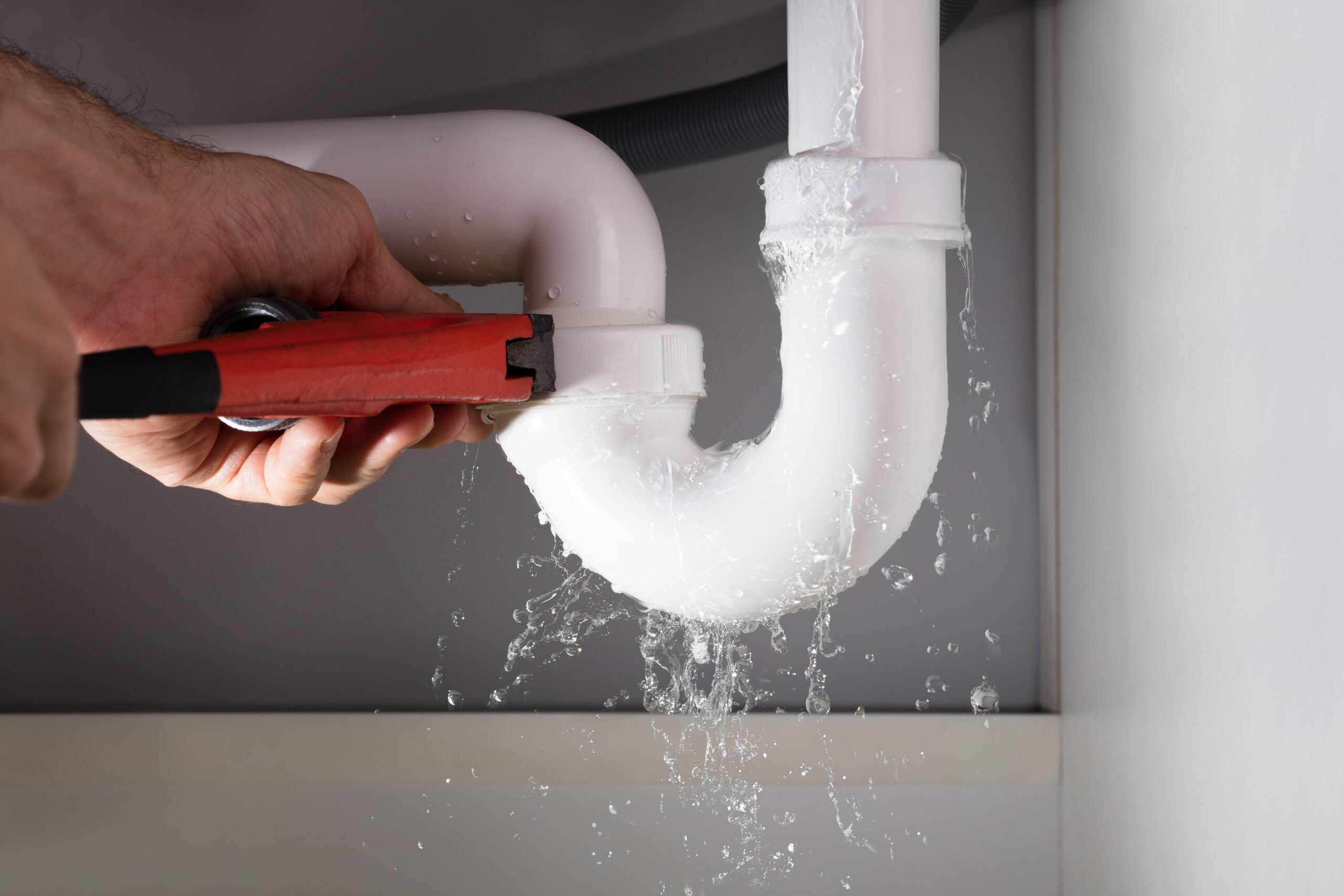
4. Mold and Mildew Problems
Damage to your home isn’t the only thing that water could do during a DIY plumbing fix; in fact, standing or leaking water that’s not cleaned up can also lead to mold and mildew problems. Particles from these substances are both gross and unhealthy to breathe once they get into the air, affecting the overall air quality in your home. Instead, it’s best to avoid them as much as possible.
The process of removing mold from your home once it’s there can also be challenging and expensive, as well as disrupt your day-to-day life. Instead, it’s best to avoid this situation altogether by allowing a plumber to take care of any problem that could cause a water leak.
5. Clogs
Clogs can be quite common. Many homeowners may try to fix a clogged drain themselves, but this increases the chance of pipes incurring damage. Additionally, drain cleaners and snakes can be effective tools, but typically only in the short term. Drain cleaners are even known for corroding pipes, as we stated above.
Therefore, it’s best for a professional plumber to handle any major plumbing clog. Certain blockages can actually be inaccessible to the homeowner, and only a plumber has the necessary tools to reach them. Sewer line clogs can become even more complicated to fix and may require trenchless sewer repair to resolve the problem completely.
6. Leaks
Over time, a dripping faucet can be frustrating to listen to. However, before you pick up a wrench to tighten anything yourself, you’ll want to call a professional first. Replacing broken pipes is a tedious job, and if done incorrectly—such as applying pressure to the wrong place—will only worsen a water leak and create a more expensive repair job.
Hiring a Professional for Plumbing Repairs
As you can see, there are many DIY plumbing fixes that could cause damage. Instead of trying to repair the problem on your own, give Cates Heating and Cooling a call. Our professional plumbers have all the tools and experience necessary to get the job done right.
Contact us today at 913-888-4470 for Kansas residents and 816-944-1844 for Missouri residents.
